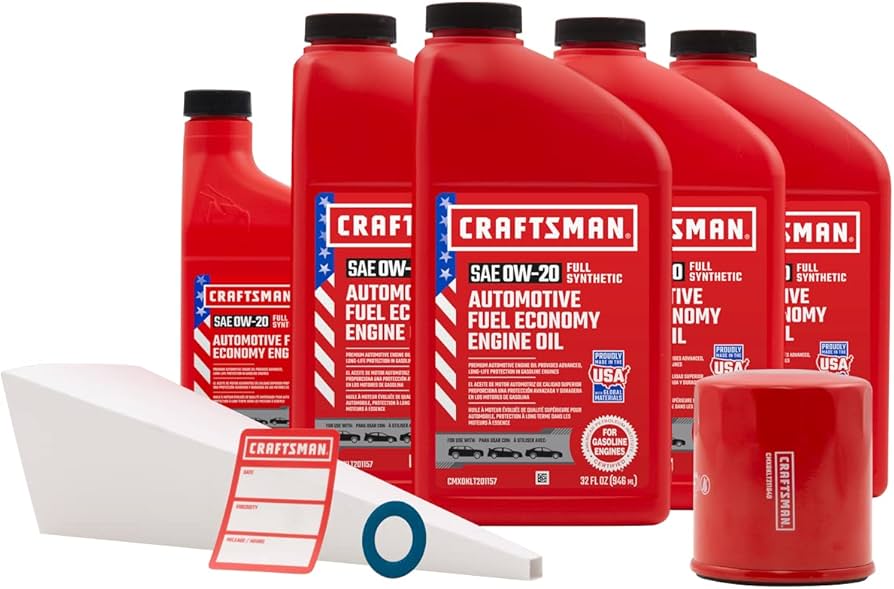Keeping your engine running smoothly is crucial for any vehicle owner. One of the most important aspects of engine maintenance is ensuring it has the correct amount of high-quality motor oil. Motor oil lubricates moving parts, reduces friction, and helps regulate engine temperature. Without enough oil, your engine can overheat, wear down prematurely, and ultimately fail. This article will delve into the importance of motor oil, the optimal quantity needed for most vehicles, and how to ensure you’re using high-quality oil to keep your engine performing at its best.
This article will explore the vital role motor oil plays in your vehicle’s performance, explain the recommended amount needed, guide you on selecting high-quality oil, and provide clear instructions on safely topping off your engine.
Motor Oil Importance
Motor oil is the lifeblood of your engine. It performs several critical functions that are essential for keeping your vehicle running smoothly and efficiently. Firstly, motor oil acts as a lubricant, reducing friction between moving parts within the engine. This friction can generate significant heat, which can damage engine components over time. By minimizing friction, motor oil helps prevent wear and tear, extending the lifespan of your engine.
Secondly, motor oil plays a crucial role in cooling the engine. As the engine operates, it generates a considerable amount of heat. Motor oil circulates through the engine block and other critical components, absorbing this excess heat and transferring it to the radiator for dissipation. This cooling process prevents overheating, which can lead to serious engine damage.
Finally, motor oil helps clean your engine by suspending dirt, debris, and combustion byproducts in suspension. These contaminants can accumulate on engine surfaces, hindering performance and causing wear. Motor oil carries these particles through the oil filter, where they are trapped and removed from the system, keeping your engine clean and running efficiently.
Optimal Quantity
Most vehicles require 4.5 quarts of motor oil for a full change. However, it’s crucial to consult your vehicle’s owner’s manual for the precise amount recommended by the manufacturer. The manual will also specify the type of oil suitable for your engine, considering factors like its age, make, and model.
Using the correct amount of oil is essential for optimal engine performance. Adding too much oil can lead to overfilling, which can cause damage to seals and gaskets, leading to leaks and potentially serious engine problems. Conversely, using too little oil can result in insufficient lubrication, increasing friction and wear on engine components, ultimately shortening the lifespan of your engine.
High-Quality Motor Oil
Choosing high-quality motor oil is crucial for protecting your engine and ensuring its longevity. Look for oils that meet industry standards and specifications, such as API (American Petroleum Institute) ratings. These ratings indicate the oil’s performance capabilities and suitability for different engine types.
Consider factors like viscosity, which refers to the oil’s thickness and flow properties. Different viscosities are designed for varying temperatures and driving conditions. Consult your owner’s manual for the recommended viscosity range for your vehicle. Additionally, explore synthetic or semi-synthetic oils, as they often offer superior performance and protection compared to conventional oils.
Engine Performance
Using high-quality motor oil in the correct quantity can significantly enhance your engine’s performance. Proper lubrication reduces friction, allowing engine components to move more smoothly and efficiently. This results in smoother acceleration, improved fuel economy, and reduced emissions.
Furthermore, high-quality motor oil helps maintain optimal engine temperature, preventing overheating and ensuring consistent performance even under demanding conditions. By keeping your engine clean and free from contaminants, the oil contributes to better combustion efficiency and overall power output.
Topping Off Your Engine
Topping off your engine with motor oil is a simple maintenance task that can be done at home. Before adding any oil, ensure your engine is cool to avoid burns. Locate the oil dipstick, usually marked with an oil can symbol, and pull it out. Wipe the dipstick clean with a rag and reinsert it fully. Remove the dipstick again and check the oil level against the markings on its handle.
Add 4.5 quarts of the recommended oil type if necessary, checking the level frequently to avoid overfilling. Once the oil reaches the “full” mark, replace the dipstick securely. Start your engine and let it run for a few minutes. Check the oil level again after shutting off the engine and allow it to sit for a few minutes to ensure an accurate reading.
Conclusion
Motor oil is essential for maintaining optimal engine performance and longevity. Using the correct amount of high-quality oil, as specified by your vehicle’s manufacturer, ensures proper lubrication, cooling, and cleaning of your engine. By following these guidelines and regularly topping off your engine with 4.5 quarts of the recommended oil type, you can significantly extend the life of your vehicle and enjoy smooth, efficient driving for years to come.



